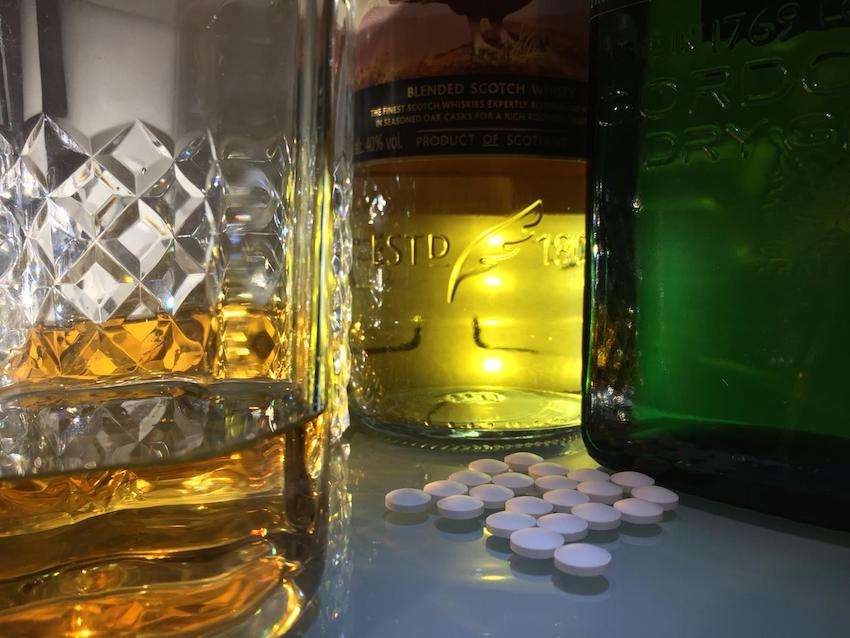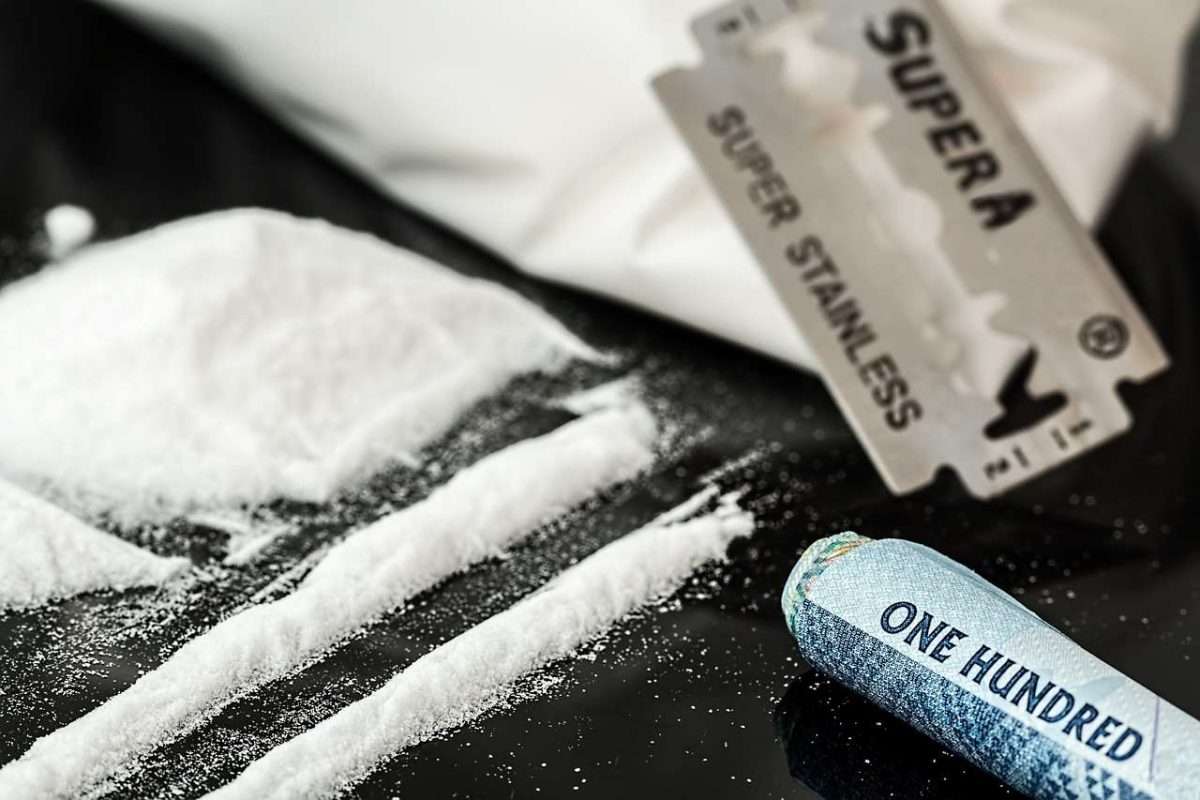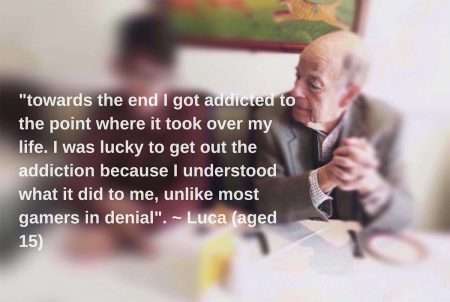The 12-step recovery programme is the path to a new life of sobriety. Many follow this successfully, but a significant proportion will relapse and find themselves back in the vicious cycle of addiction, shocked, sad and uncomprehending. How did this happen? One of the major reasons for relapse may be cross addiction.
Addiction is a cunning, baffling and powerful disease, and cross-addiction is one manifestation of this. Nowadays, it is seen as the biggest contributor to relapse. Cross addiction is the reason why most recognised treatment models for addiction emphasise the need for proper aftercare and total abstinence from all mood-altering substances and behaviours.
What is cross addiction and how does it happen?
Cross addiction can refer to having two addictions at one time or trading one addiction for another. It can also mean engaging in any addictive behaviour that can lead back to the addiction of choice. Thus, an alcoholic may move on to cocaine addiction. If he or she gives up both of these and develops a gambling addiction instead, it is highly probable that they will end up with an alcohol or substance-dependence problem again.
Cross addiction often happens because the brain of an addict has been conditioned to pleasure-seeking escapes. Whenever they do something pleasurable, whether it’s eating chocolate or snorting cocaine, the brain releases the “feel-good” chemical dopamine. Over time, the brain gets used to that feeling, and this is why detoxing from a substance or addictive behaviour is so challenging.
This is also why cross addiction is likely to happen, especially in early recovery. Even though the original substance is no longer in the body,the brain continues to desire that “amazing” and happy feeling. If it cannot get it via the usual route, it will seek an alternative method. In other words, it will seek a new drug or activity.
Beware of “Treatments”
Indulging in one form of addictive behaviour can lead a person to develop another, secondary addiction at the same time. Alternatively, simply ceasing one addiction can open up the possibility of becoming addicted to something else.
This can happen accidentally and may appear quite innocent at first. An alcoholic may buy over-the-counter sleeping aids for legitimate, though probably alcohol-induced, insomnia, and find that they later become dependent on said sleeping aids as well.
Some people with opioid-dependence attempt treatment and are given a substitute such as methadone to wean off heroin, for example, only to develop a methadone problem instead.
In both of these situations, the “treatment” may be properly prescribed by a doctor, but it doesn’t mean that problems cannot happen as a result.

Cross addiction can happen at any time
Although the newly-sober are considered more at risk of developing cross addiction, anyone at any point in their recovery can be affected by it as well. It is not unheard of for someone to be sober from alcohol and addiction-free for twenty years or more, only to one day foster a new bad habit. For example, the 20-year-sober person may be prescribed painkillers after a surgery, and end up with a opiate dependence as a result.
Know the warning signs of cross addiction:
The symptoms of cross addiction are not much different from general signs of addiction.
- Neglecting responsibilities, such as work, family, school, or personal care.
- Finding yourself being secretive or even lying when talking to your family, friends, or co-workers about any activities related to your new habit.
- Becoming irritable, anxious, or moody when you don’t have access to the substance or behaviour.
- Committing illegal acts, even minor ones, such as theft or fraud, to continue indulging in the substance or behaviour.
- Abandoning hobbies or leisure activities that you used to enjoy, or forgoing social activities.
- Attempting to quit the activity without success.
- Spending large amounts of time thinking about or planning the activity.
Alternatively, if you are already aware of or being treated for an addiction, such as gambling, it is wise to take notice of any behaviours that may accompany the initial addiction. For example, you may start drinking a lot, but only when you’re gambling, or you may be using stimulants like amphetamines to stay awake and focused.
If any of the above apply, then you need to consider the possibility of cross addiction and take remedial action.
From Drinking to Debt: A cross-addiction case study
Barry is a fifty-year-old married man who had received residential treatment for his alcoholism. After returning home, he continued to attend Alcoholics Anonymous meetings regularly, and successfully remained abstinent from alcohol. One day, eight years after his residential treatment for alcoholism, Barry’s wife looked at his credit-card statements and saw that his total debt was close to twenty thousand pounds. Worried and surprised, she asked Barry about it, and together they realised that much of the debt came from payments to bookmakers, many for online horse racing and casino transactions.
This came as a bit of a shock to Barry as well as to his wife, because Barry had been in denial about the extent of his gambling. Barry had always liked to bet on horse races and enjoyed the excitement of meeting up with other players and going to betting shops. When I spoke to him recently, he said, “In Rehab, nobody ever asked me if I gambled so I never mentioned it. Looking back, I suppose it was a little secret that I was glad to have because I thought that everyone deserves a bit of fun some time. I had no idea that I had come so close to relapse after eight years sobriety.”
The truth of the matter is Barry in fact did relapse. Cross addiction had led him into a new addiction which most likely would have later led back to alcohol. Barry confided all this to his AA sponsor and spoke about his issue at the meetings. In the end, he decided that the best possible course was to renounce gambling altogether.
Later, he also researched cross addiction in depth and realised that he was at high risk for developing a secondary addiction because his brain was conditioned by his alcoholism to seek the feel-good rush of dopamine that addictive behaviour produces. Thus, seemingly innocent activities such as shopping, computer gaming, social media usage or even mobile phone activity, for him, had the potential for negative consequences.
Clearly, we see a person seemingly on the right part to lifelong sobriety. When we examine situations such as these, where a person comes to a precarious moment in their recovery, we can see the unrelenting power of addiction itself and that it can never be discounted or compromised. It can re-appear, like a thief in the night, and try to sneak back into our lives again through the “back door”. Cross addiction provides it with the perfect path.
Do not underestimate the risk
People often belittle a new addiction because it can seem harmless, especially when they’ve traded an illegal drug like heroin for a comparatively innocent activity like gambling.
The bigger problem is that this newfound addictive behaviour can expose people to the unnecessary danger of a major relapse to the original addiction. For example, if a person’s primary addiction may be alcohol, and a cross addiction to gambling could place them in the vibrant and lively casino setting where everyone is drinking and partying, it will become very difficult to resist the temptation to drink.
Recovery is for life:
Having to face a cross addiction is a challenge that many addicts may have to face at some stage. No matter how strong they may feel, or how long they have been sober, the danger of relapse always remains. Continued vigilance is needed if recovery is the end game.
“we know that when we use drugs in any form, or substitute one for another, we release our addiction all over again”. (Narcotics Anonymous).
For more help and information regarding Cross-Addiction, you can contact us or request a call-back from a therapist.



